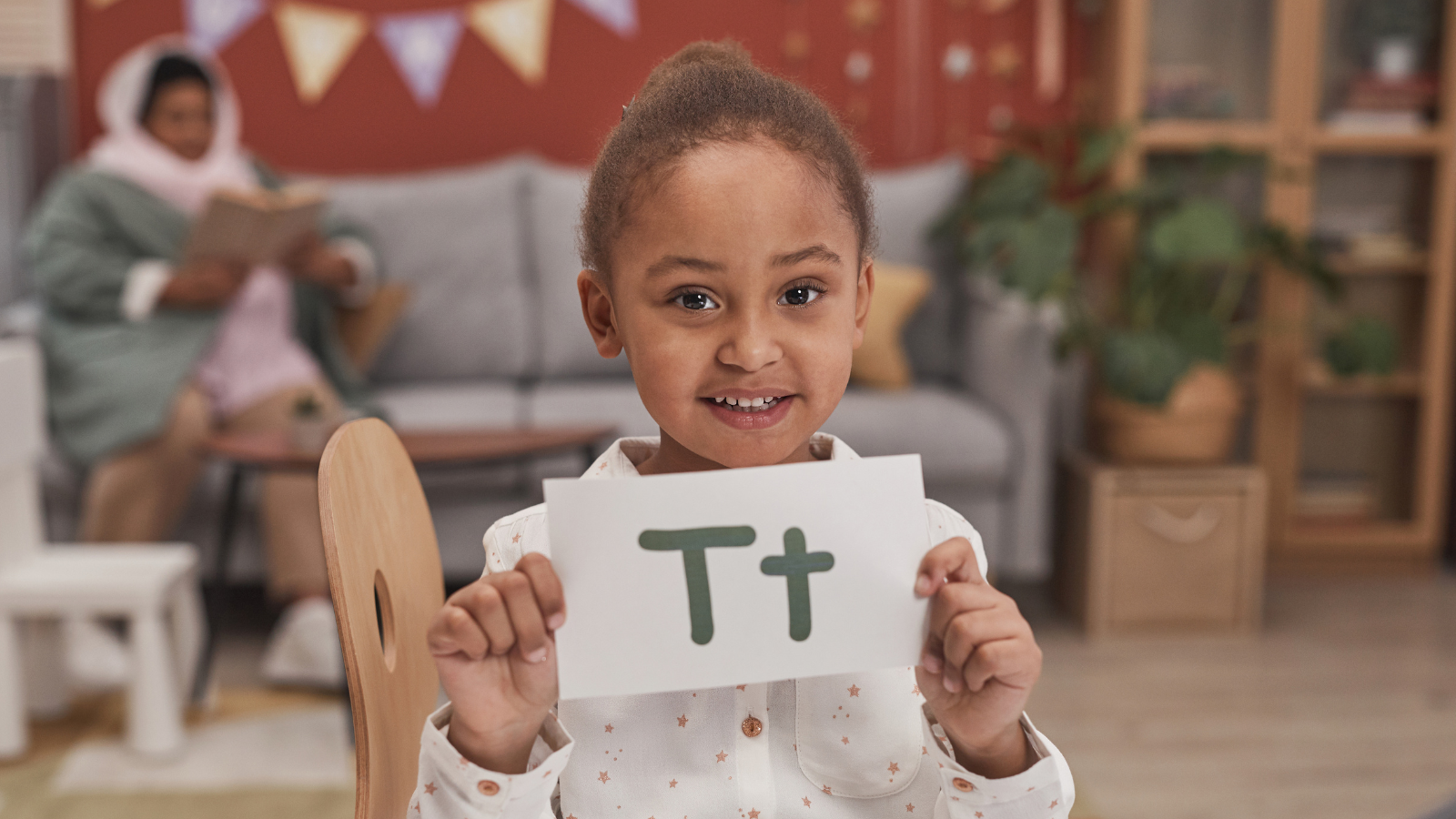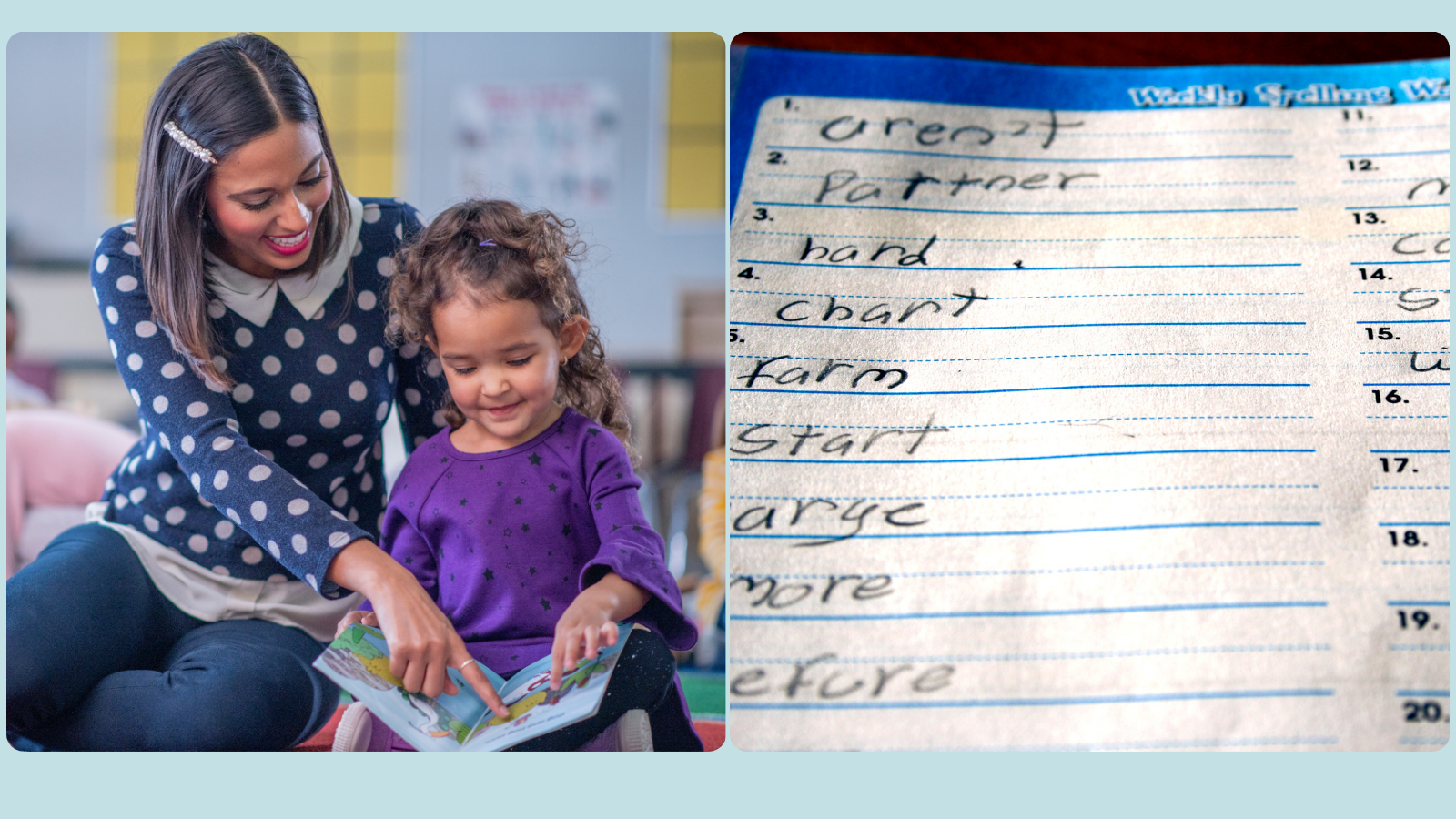Free resources to help our preschoolers and primary school-age kids to read
To help our kids to read, we need good tools to put independent, peer-reviewed research into practice. Decades of evidence-building tells us that kids need phonological awareness, vocabulary, synthetic phonics, comprehension and fluency skills to read well; and that oral language comprehension and morphological awareness are important, too.
Putting theory into action
The key challenge is how to teach these skills to kids with reading difficulties. It’s time-consuming (and often expensive) to find quality, evidence-based reading resources. But, there are researchers out there focused on how to implement evidence-based reading practices.
You just have to know where to look.
One of our favourite organisations is the Florida Center for Reading Research (FCRR): a multidisciplinary research centre based at Florida State University.
Free reading resources, activities and ideas
The FCRR houses a goldmine of free pre-reading and reading resources, ideas, and activities.
Most of the resources we use are found in two sections:
- The Voluntary Prekindergarten Learning Activities: This section includes great activities and resources for important skills like alphabet knowledge and letter-sound knowledge, early phonological awareness skills, and oral language skills, including vocabulary skills.
- The Student Center Activities for kids from kindergarten until fifth grade. This section includes free, downloadable activities and resources for phonological awareness, phonics, fluency, vocabulary, including morphological awareness and oral language comprehension (including lots of resources to teach story grammar and explanatory texts. The materials are divided into three groups based on (US) school years: K-1, 2-3, and 4-5. We particularly like the fluency and morphological awareness resources.
So check out the FCRR! We hope you find their marvellous free resources as useful as we do.
Related articles:
- Is your child struggling to read? Here’s what works
- Kick-start your child’s reading with speech sound knowledge (phonological awareness)
- How to find out if your child has a reading problem (and how to choose the right treatment approach)
- 6 strategies to improve your child’s reading comprehension and how to put them into practice
- 5 resources you can use at home to help your child to read
- How to help your school-age child to learn new words – the nuts and bolts of how I actually do it in therapy
- Do we spend too much time on rhyming books? What else should we do to prepare pre-schoolers to read?
- The forgotten reading skill: fluency, and why it matters
- What else helps struggling readers? The evidence for “morphological awareness” training
- 24 practical ways to help school-aged children cope with language and reading problems at school and home
- “I don’t understand what I’m reading” – reading comprehension problems (and what to do about them)
- Teaching the alphabet to your child? Here’s what you need to know
- Are reading comprehension problems caused by oral language deficits?
Key source: Florida Center for Reading Research, reviewed by Carol Westby, Word of Mouth 28:5 May/June 2017.
Editor’s note: we’ve used US spelling conventions for FCRR’s name; and Australian spelling conventions for everything else.
Image: https://tinyurl.com/y7ufaan8

Hi there, I’m David Kinnane.
Principal Speech Pathologist, Banter Speech & Language
Our talented team of certified practising speech pathologists provide unhurried, personalised and evidence-based speech pathology care to children and adults in the Inner West of Sydney and beyond, both in our clinic and via telehealth.








